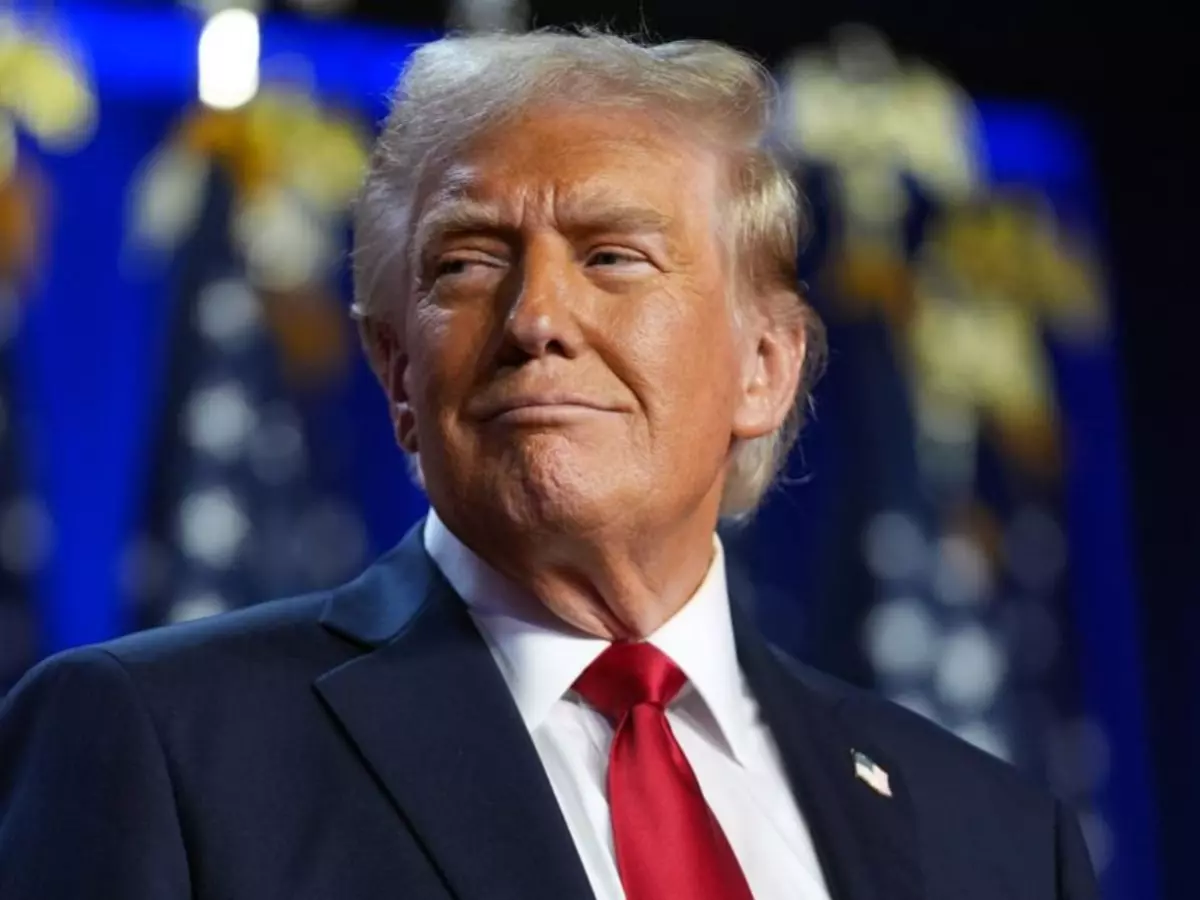African Union flags concerns over Donald Trump¡¯s travel ban on seven African nations & partial restrictions on three others
The African Union has expressed concern over the diplomatic and economic impact of Donald Trump¡¯s travel ban, which blocks entry from seven African countries and imposes visa curbs on three more. The AU calls for a more consultative approach from Washington.

The African Union (AU) has raised concerns after US President Donald Trump imposed a travel ban on 12 nations, seven of which are from Africa. The AU Commission, in an official statement, said the move could damage people-to-people links, trade, education exchange, and diplomatic relations that have developed over decades between Africa and the United States.
The regional body released its statement on X (formerly Twitter), shortly after the White House announcement. The AU urged the US to adopt a more ¡°consultative approach¡± and engage in constructive dialogue to address the matter.
Seven nations banned
Under the executive order signed by Trump, citizens from Chad, Congo, Equatorial Guinea, Eritrea, Libya, Somalia, and Sudan will be barred from entering the United States.
According to the White House, Chad, Congo and Equatorial Guinea have been flagged for high visa overstay rates. Meanwhile, Eritrea, Libya, Somalia and Sudan were listed for not having ¡°a competent or cooperative central authority for issuing passports and civil documents.¡±
 US President Donald Trump | Credit: X
US President Donald Trump | Credit: X
Partial travel restrictions
In addition to the full bans, the US has also placed Burundi, Sierra Leone, and Togo under a partial travel ban. These restrictions will suspend the processing of specific visa categories.
The US administration has cited visa overstay percentages as the primary reason for these new curbs. All three nations were reported to have high rates of nationals overstaying their visas in recent Homeland Security data.
AU¡¯s official statement
In its statement, the AU Commission emphasised shared goals between Africa and the US, including peace, global cooperation, and prosperity. ¡°The Commission remains concerned about the potential negative impact of such measures on people-to-people ties, educational exchange, commercial engagement, and the broader diplomatic relations that have been carefully nurtured over decades,¡± it stated.
It urged the US to rethink its approach and open up space for dialogue with the affected nations.
Looking ahead
The AU¡¯s response adds to a growing list of international bodies and governments watching Trump¡¯s travel policies closely. As implementation of the executive order begins, its effects on migration, education and international partnerships between the US and African countries remain to be fully seen.
For more news and current affairs from around the world, please visit Indiatimes News.
